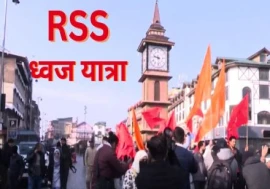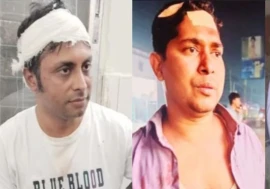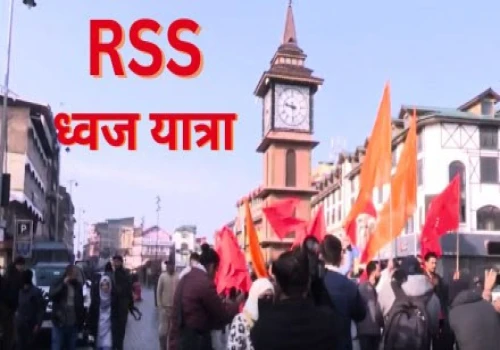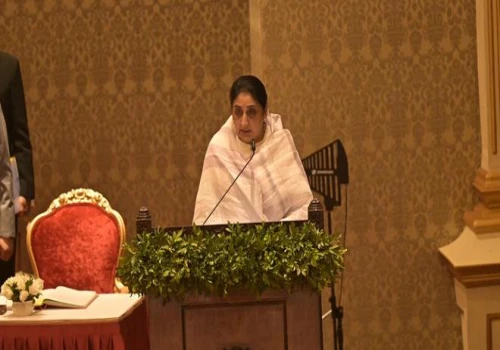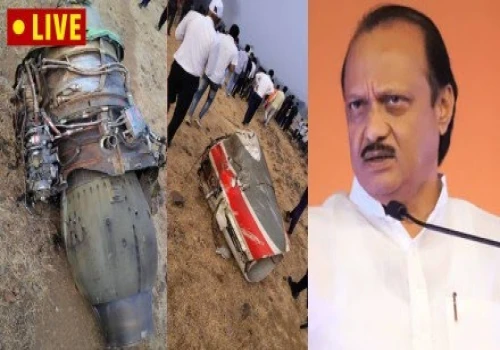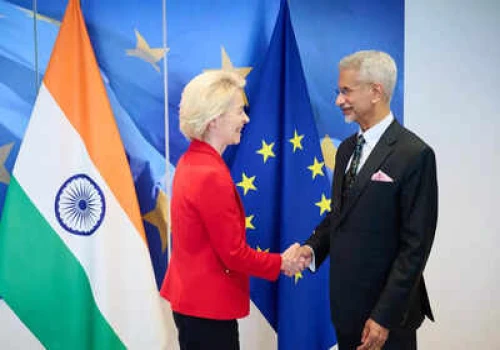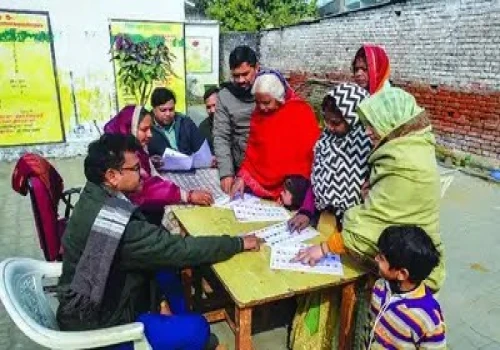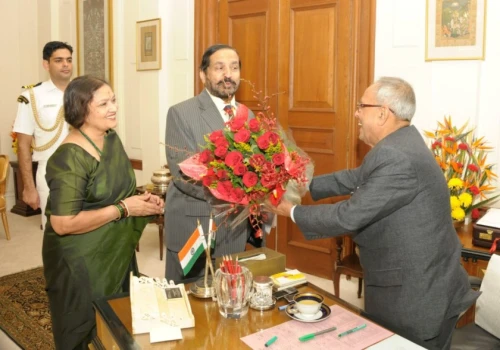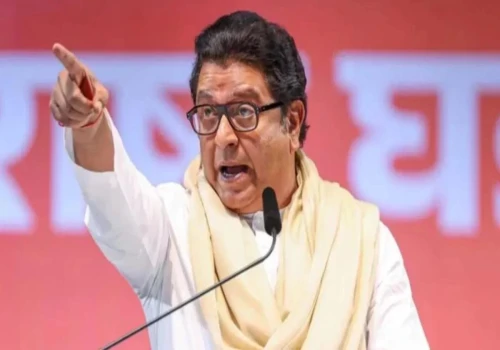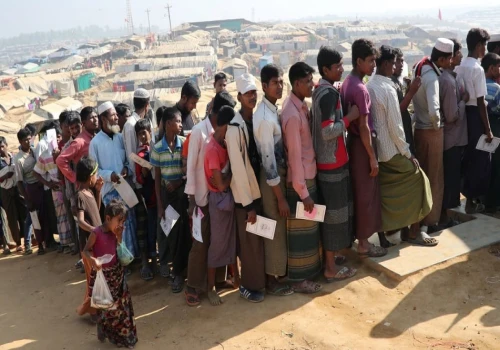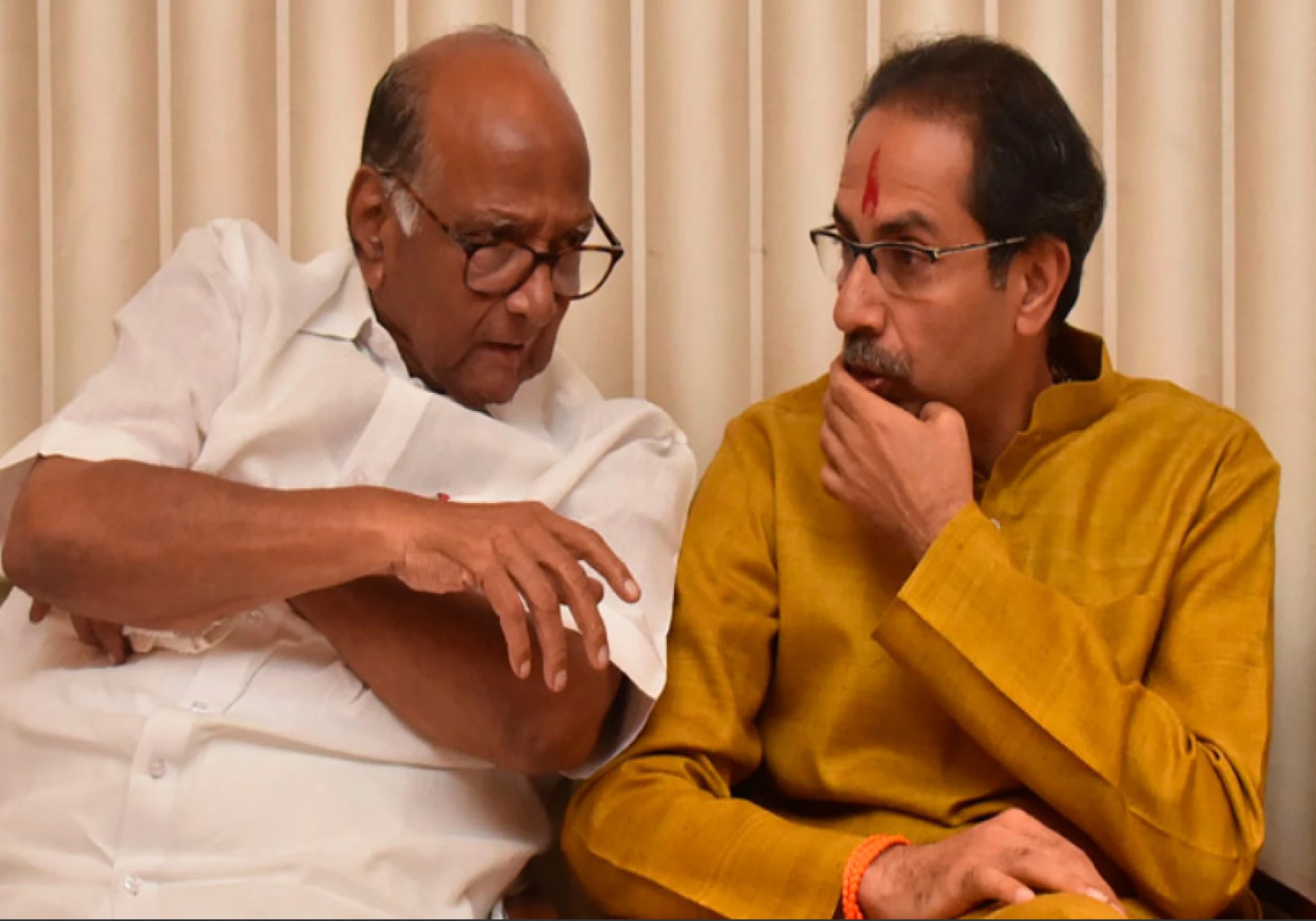
Ayodhya: Ramlala's Pranas will be consecrated on January 22 in Ayodhya's Ram temple and Sharad Pawar, the NCP Chief, received an invitation for the ceremony. However, in a letter to Champat Rai, he expressed gratitude, acknowledging the significance of Shri Ram for millions globally, declined the inviation to the January 22 ceremony, Pawar conveyed his plan to visit Ayodhya afterward for a peaceful darshan of Shri Ram Lala, emphasizing gratitude for the warm invitation. This measured response contrasts with the Congress's delayed and critical reply, making Pawar's stance appear more balanced and respectful. Notably, questions arose over Congress's rejection without specifying a future visit, while Pawar's tactful refusal is regarded as a strategic move. The event on January 22 has invited leaders from major political parties, including Congress, which declined the invitation, emphasizing a distinction from Sangh and BJP.
Sharad Pawar, known for his strategic approach, has skillfully navigated his stance on the Ram Mandir invitation. While initially suggesting a firm refusal, he later clarified his intention to visit Ram Mandir post the ceremony, avoiding any offense to public sentiments. In contrast, Uddhav Thackeray outright declined the invitation without indicating future darshan plans. Furthermore, Sanjay Raut's recent statement questioning the temple's location not only adds to the trouble of Uddhav, but also questions the Shiv Sena's involvement in the Ram Mandir movement, especially considering their historical claim of being present during the disputed structure's demolition.

